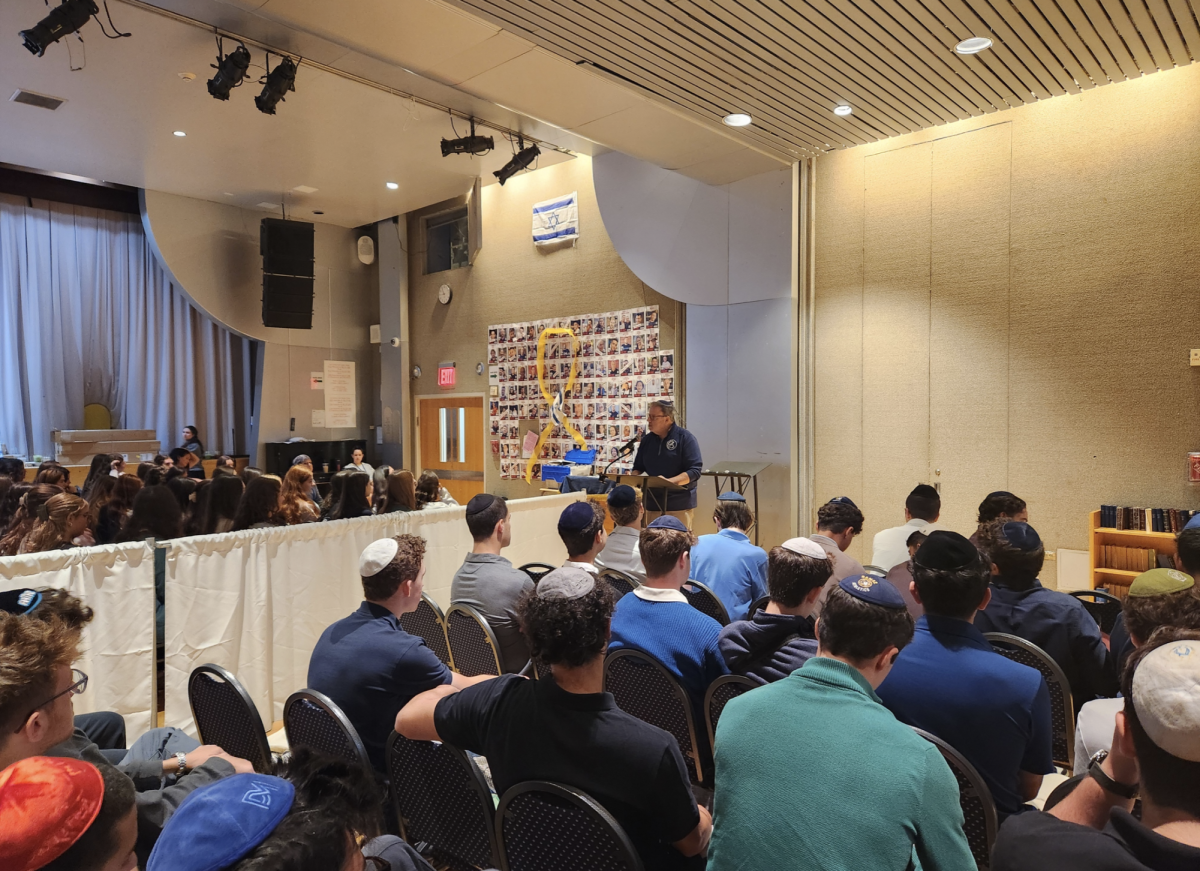Every year at Ramaz brings new innovations and updates to routine. This year, the school updated the system for the freshman advisory program. Freshman advisory is a fundamental and very important tool for the new high schoolers. Each freshman’s advisor is their “go-to person” to answer questions, help with classes, and guide them through their first year in high school. Freshmen rely on their advisors for almost everything and as a result, the advisors should ideally have a close connection with each of their students. Freshmen need to feel comfortable with their advisors in order for the system to fully serve its purpose. However, according to some, the freshman advisory system was not working to its full potential. Associate principal Rabbi Kenny Schiowitz says that in the old system, “advisors would usually meet their group maybe seven times a year and the advisor doesn’t have the opportunity to get to know them that well.” Rabbi Schiowitz views this as a major problem with the old system and says that because of this, “students don’t always go to their advisors for the issues they’re having.” This was a significant issue that the administration wanted to address.
In response to this, the administration took it upon itself to create a better and more comfortable system for the freshmen. In the new advisory system, instead of having a random teacher as an advisor, freshmen will now have one of their Judaic Studies teachers as their advisor. In this setup, the advisors will be able to get to know their students in the hours spent in the classroom in addition to the few advisory meetings throughout the year, creating a stronger bond between them. Rabbi Schiowitz said, “I feel like I always knew my students better than my advisory group because I had much more contact with them and I thought that if I had the role of advisor it would actually just deepen that relationship and make it more successful”. Based on personal experience, Rabbi Schiowitz believes that being an advisor to his students will lead to a far better advisory experience.
In theory, this idea seems very logical, however, students raised one issue when they heard this. What if the freshmen have complaints about the teacher who is their advisor? Who should they turn to? While acknowledging that these are valid questions, Rabbi Schiowitz reassures the student body, “I think it’s a slight drawback but I think that if you want to, there’s always someone else you can go to to navigate that, and I think that the benefits outweigh that one thing… and I think most of what an advisor does is not just to get you out of a class where you don’t like the teacher but it’s just like general guidance.” According to Rabbi Schiowitz, the potential benefits of this new system far outweigh the negatives. He also said that the new setup is experimental as this is the first year Ramaz has implemented it. The administration is confident and hopeful that this new system will greatly improve freshman advisory


